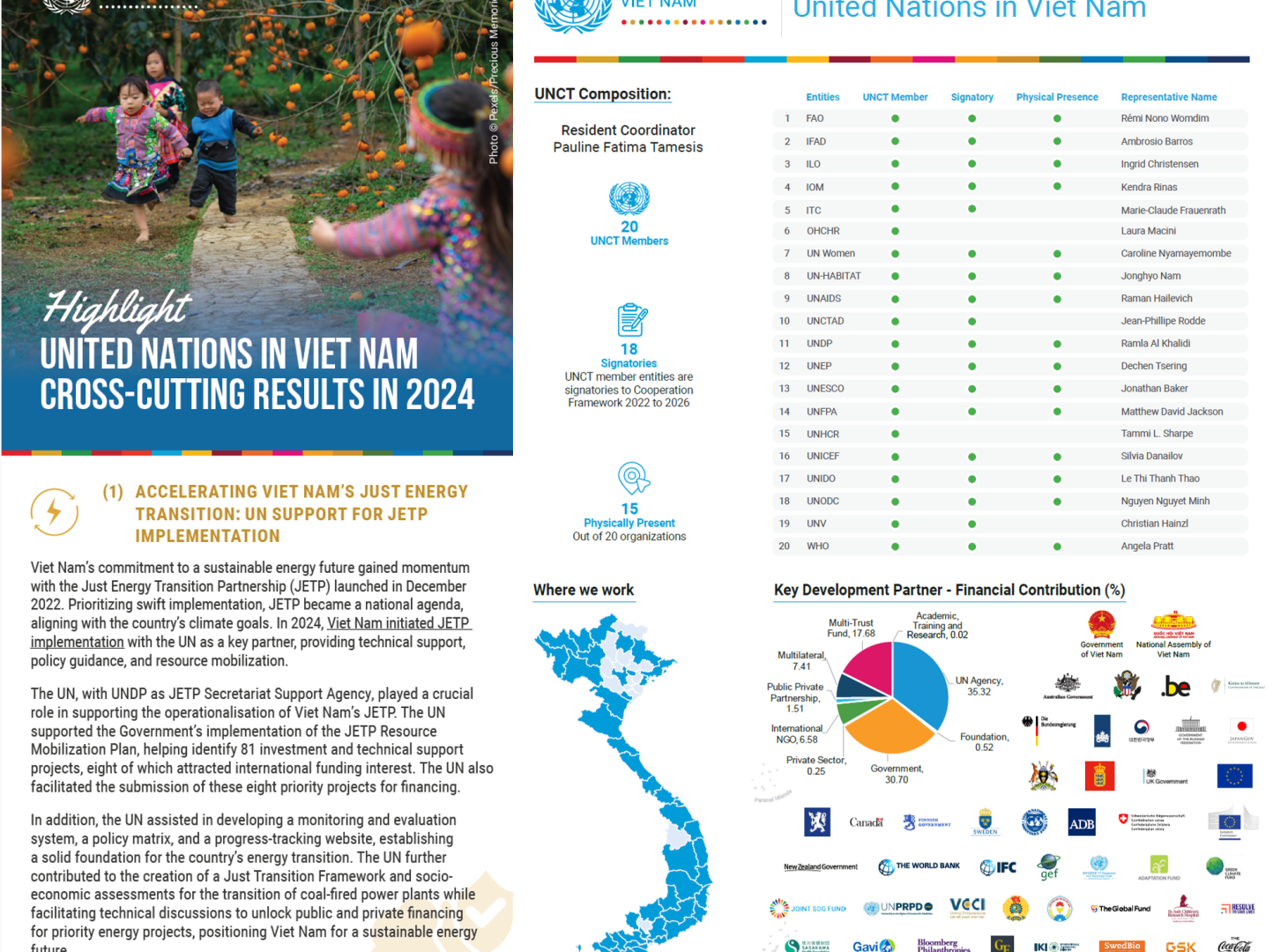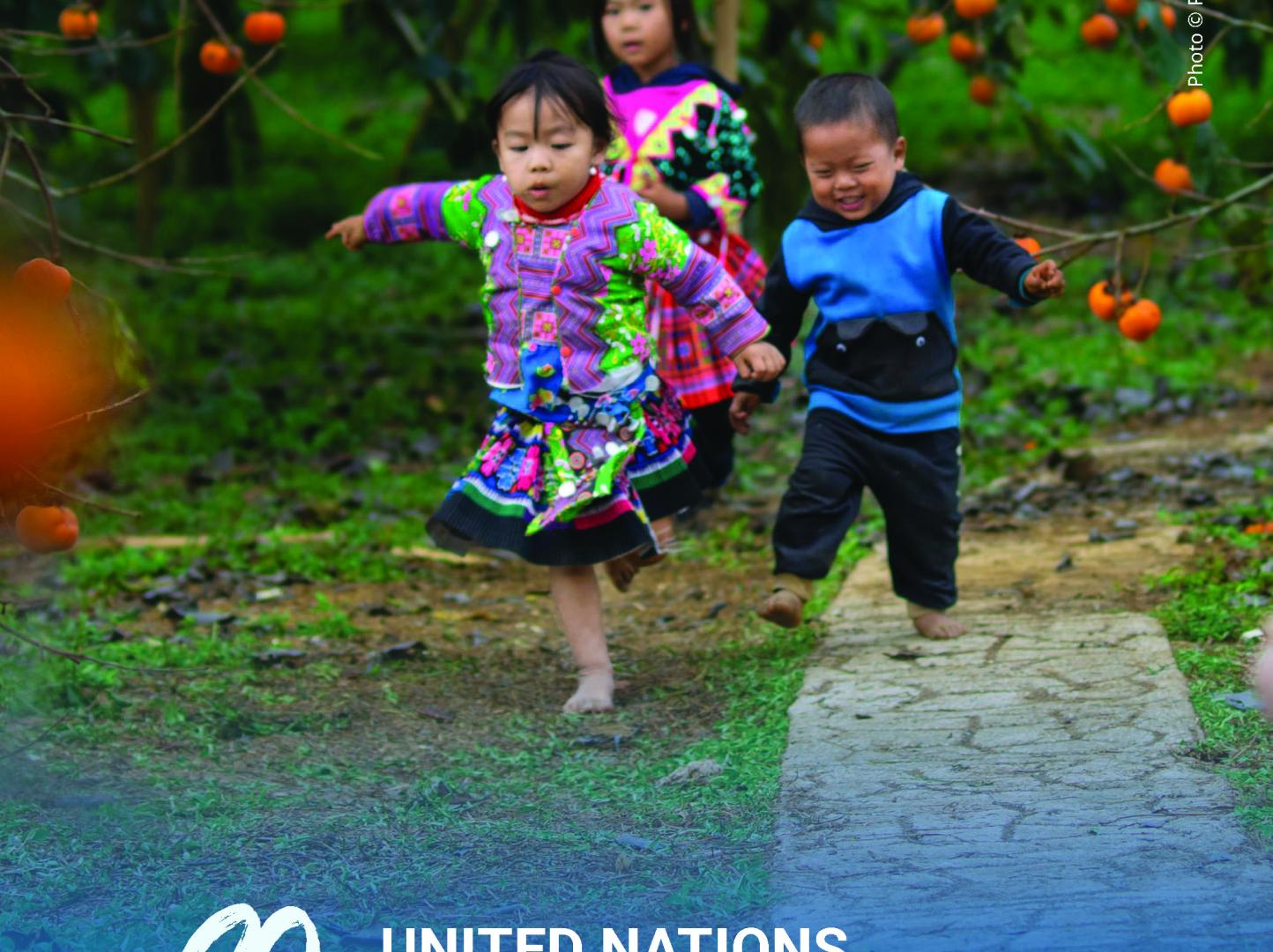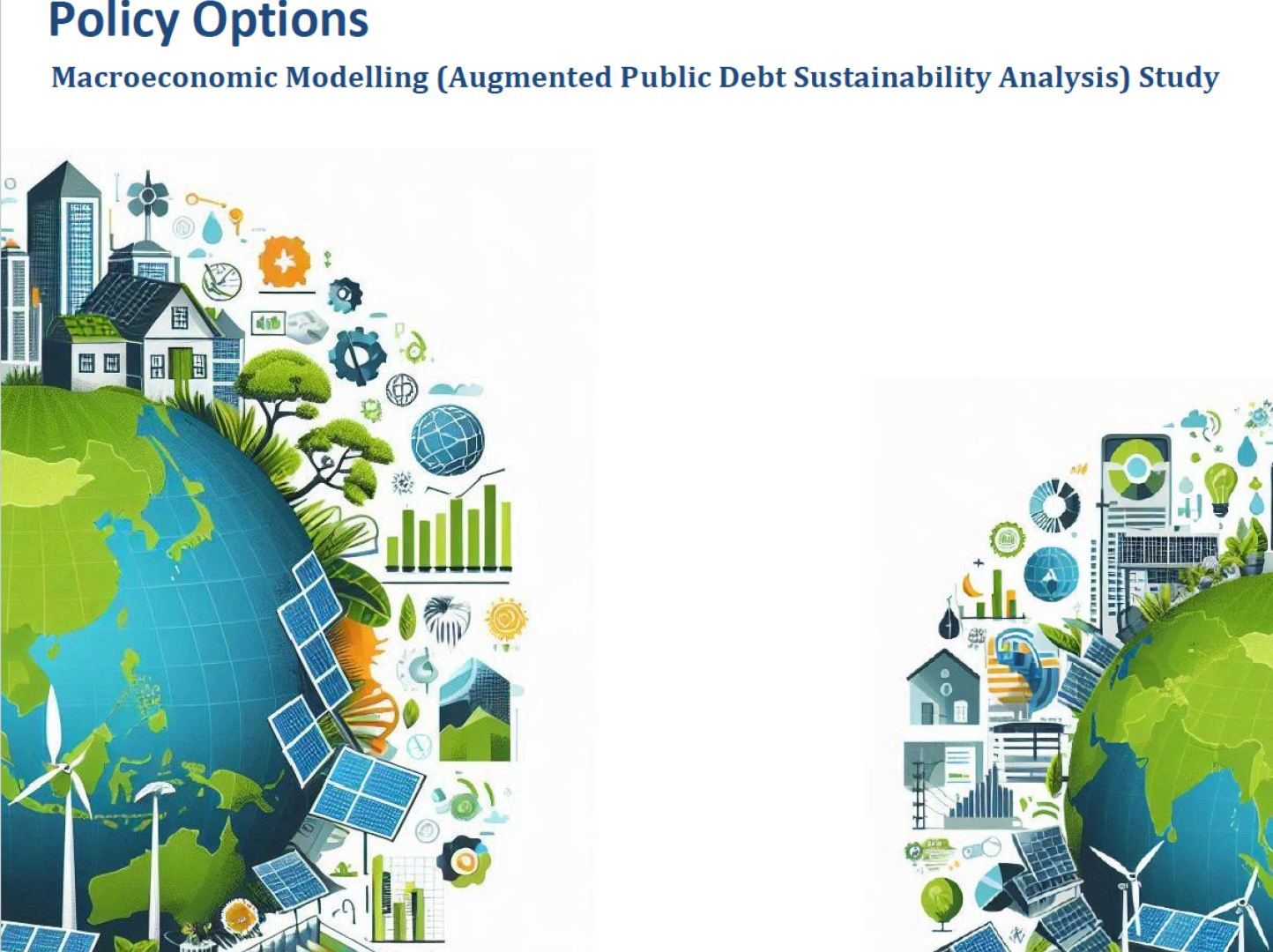Launch of landmark paper “UN collaboration on social protection: Reaching consensus on how to accelerate social protection systems building”

FAO, ILO and UNICEF, together with other sister agencies and development partners convened a stock-taking exercise to reflect United Nations (UN) collaboration on social protection. The exercise resulted in the launch of the report “UN collaboration on social protection: Reaching consensus on how to accelerate social protection systems building” on 5 May, which outlines how systematic efforts can be developed to further advance UN collaboration and coordination on social protection
The report evaluates joint UN work on social protection since the launch of the Social Protection Floor Initiative (SPF-I), one of nine initiatives of the UN Chief Executives Board to respond to the global financial crisis of 2008-2009. Distilling lessons from the more than 10 years of UN collaboration on this topic, the report identifies priority areas for further engagement on social protection and provides recommendations for improving collaboration between UN agencies going forward.
The COVID-19 pandemic and the Ukraine war have had negative consequences for food, fuel and fertilizer prices. Social protection systems help absorb these shocks, protecting the poor and vulnerable households, which are disproportionally affected by them. Hunger and food insecurity are rising, which highlights FAO’s importance to strengthen coordination, coherence and policy integration across the agriculture and social sectors. It is vital to ensure that social protection mechanisms are not only reactive, but designed as enablers of an inclusive rural transformation processes.
The key priority areas for social protection engagement identified in the report relate directly to some of the key challenges faced by Viet Nam today. These areas include keeping the promise of leaving no one behind and promoting inclusive social protection through a rights-based approach, supporting the transition from the informal to formal economy and covering the “missing middle”, ensuring adequate and sustainable financing for social protection, strengthening social protection delivery systems, making social protection systems more adaptive/shock-responsive and stronger integration of universal social protection and universal health coverage policies.
These priority areas are particularly relevant and urgent in the wake of the negative socio-economic impacts of the pandemic. Furthermore, such priority areas are in line not only with the UN Viet Nam Country Team recommendations to Viet Nam through the years, but also with the priorities identified in key national documents and strategies, in particular Party Resolutions No.15-NQ/TW (2012) and No.20-NQ/TW (2017) and No. 28-NQ/TW (2018).
The pandemic and current volatile international situation call for adaptive social protection systems able to respond to the needs of the most vulnerable including children, as well as to contend with shocks. While Viet Nam has made progress in social protection, COVID-19 has highlighted the inadequate level of investments in social assistance, the obsolete management and information system, and limited coverage in terms of number of people reached by interventions and in terms of benefit levels. The General Statistics Office and UNICEF-supported Viet Nam SDGCW 2020-2021 survey shows that the complex social assistance targeting resulted in vulnerable people’s low access to aid during the pandemic. More than 50 per cent of people living in poor and poorest households did not receive social transfers or external economic support during the health crisis.
If the Government of Viet Nam is committed to eradicating multidimensional child poverty and leaving no one behind, it is critical to maintain and expand investments in child sensitive, shock- and gender-responsive social assistance and gradually introduce a universal child grant. It is key to link social assistance recipients with improved access to essential services (health, education, nutrition and child protection). This requires integrating social protection instruments, improving the performance of institutions and coordination across sectors, and enhancing the role played by frontline workers, including social workers. It is key that the coordinated work undertaken by UN agencies and international financial institutions in support of the government continue to ensure social protection systems are inclusive and responsive to those who need it most. Currently, the government is revising Resolution 15 on social policies which offers a critical opportunity to promote life cycle and a multi-tiered approach to social protection.
The recommendations in this report are positioned to support the design and implementation of adequate and comprehensive national social protection systems. This will support the ongoing post-pandemic socio-economic recovery and achievement of the Sustainable Development Goals on social protection by 2030.
Access the paper here






